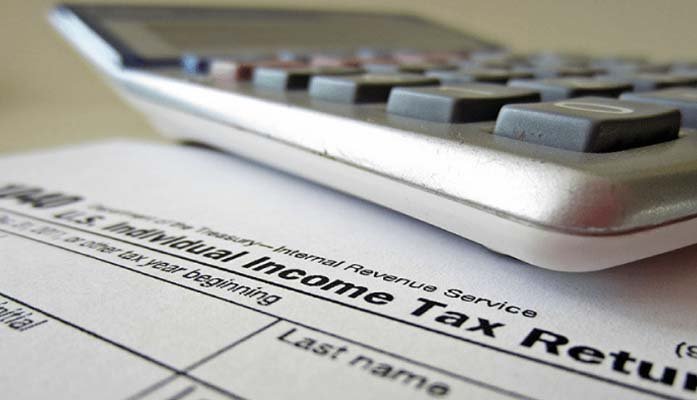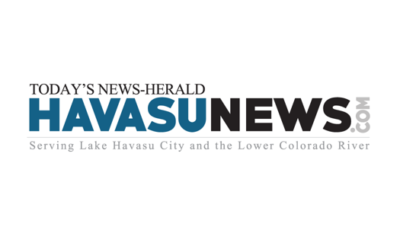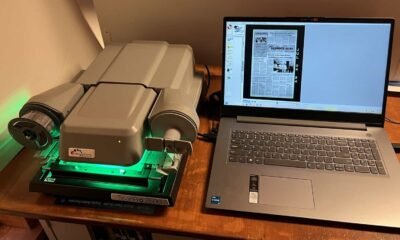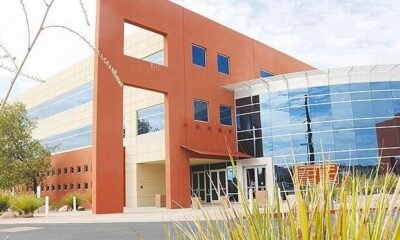Arizona budget
New Report Unveils State Budget Deficit Driven by Soaring Spending, Not Flat Tax

By Matthew Holloway |
A recent report from the Common Sense Institute of Arizona (CSIAZ) challenges the narrative surrounding Arizona’s budget deficit, asserting that the real issue lies in increased state spending rather than the 2.5 percent flat tax. Contrary to popular belief, the report reveals that the flat tax has actually boosted state tax revenues, resulting in an overall budget surplus.
CSIAZ Director of Policy & Research, Glenn Farley, emphasized the report’s findings, stating, “The facts tell a very different story than many headlines suggest. Arizona’s revenues remain robust, local governments are seeing unprecedented collections, and education funding has reached an all-time high. The flat tax hasn’t caused a revenue crisis; rather, rapid and unsustainable spending increases have created real budgetary pressures.”
The CSIAZ report directly refutes claims made by the Center on Budget and Policy Priorities (CBPP), which predicted a $1.6 billion deficit through fiscal year 2025 due to the flat income tax and universal private school vouchers. Farley and Senior Economist Thomas Young pointed out that since the flat tax was implemented, state revenues have grown by $3.3 billion. In contrast, they noted that state spending has increased by 25%, creating a significant imbalance.
“If spending had followed historical trends, Arizona would have enjoyed a $4.3 billion surplus instead of a $1.6 billion shortfall last year,” Farley stated. The report also counters assertions from Dave Wells of the Grand Canyon Institute, who claimed in October 2024 that the flat tax’s annual cost significantly contributed to budget deficits. The updated estimates revealed that anticipated costs had been overstated and that revenue growth had more than compensated for any impact of the tax reform.
Additionally, everyday Arizonans have benefited, with average savings of about $400 per year attributed to the flat tax. Since 2015, per-capita income in Arizona has surged by 68%, with economic growth exceeding national averages.
Farley and Young addressed concerns regarding the impact of tax reforms on municipal budgets, demonstrating that the share of state income tax allocated to cities and municipalities has increased from 15% to 18%, resulting in an additional $250 million over two years. Claims that education funding would diminish have been refuted, as K-12 education spending has risen nearly 80% since 2010, including a 14% increase since 2022.
Ultimately, the CSIAZ report indicates that opposition to the flat tax is often fueled by political motivations rather than factual evidence.
Matthew Holloway is a senior reporter for AZ Free News. Follow him on X for his latest stories, or email tips to Matthew@azfreenews.com.


















